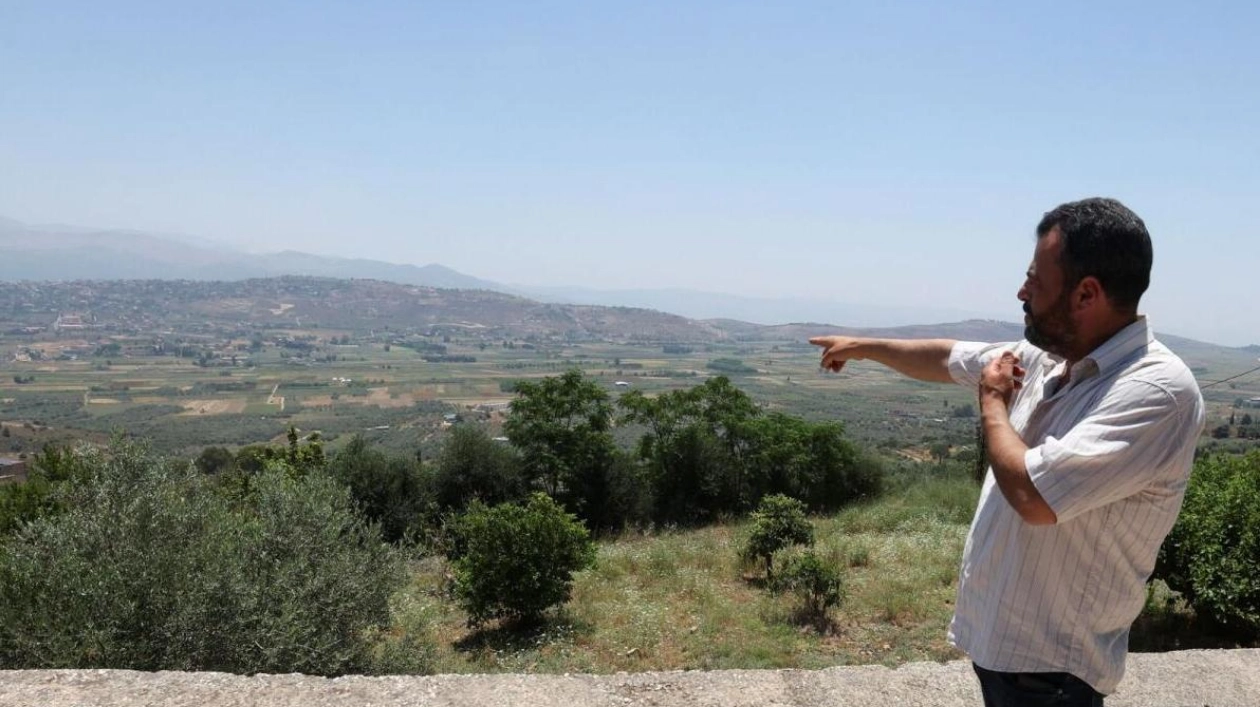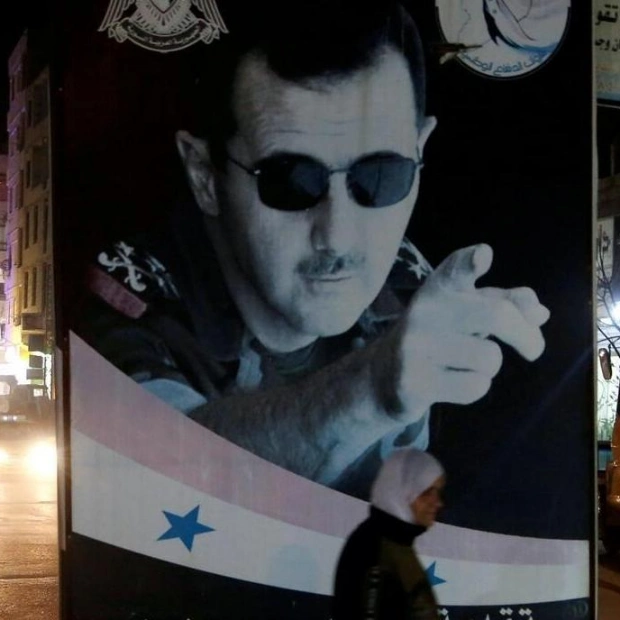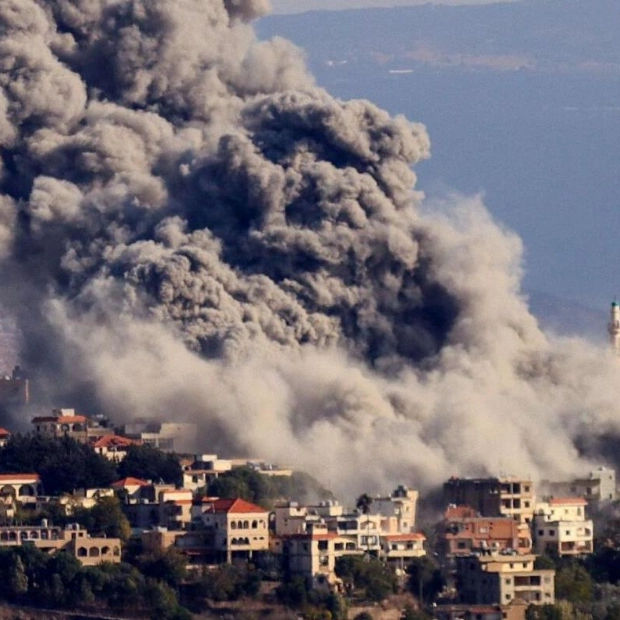The last time Lebanese farmer Zakaria Farah visited his fields near the southern town of Qlayaa was in January, but not to plant. Amid distant shelling, he quickly gathered soil samples to assess his family's agricultural prospects. Farah, 30, sent six samples to the American University of Beirut's laboratory to test for white phosphorus residues from Israeli shelling, hoping to determine if he could safely cultivate his land once hostilities cease.
"I want to know what I'm feeding my son, my wife, and myself," Farah told Reuters in June. "We're concerned about the future of our land. What can we consume? What can we drink?" Farah fears his fields have been contaminated by the Israeli military's use of white phosphorus since October, during clashes between Israel and Lebanese armed group Hezbollah alongside the Gaza conflict. According to the Lebanese National Council for Scientific Research, there have been 175 Israeli attacks using white phosphorus in south Lebanon since then, many causing fires that affected over 600 hectares of farmland. White phosphorus munitions, while not banned as chemical weapons, are restricted by international conventions from being used against military targets among civilians due to their potential to cause severe burns and fires.
Lebanon adheres to these international protocols, unlike Israel. Human Rights Watch confirmed the use of white phosphorus in at least 17 municipalities in southern Lebanon since October, including instances where airburst munitions were used over populated areas. The Israeli military, responding to Reuters, stated that the "primary smoke shells" it uses do not contain white phosphorus. They clarified that smoke shells including white phosphorus are used for creating smokescreens and that they adhere to "lawful means of warfare."
A December report by the U.N. Development Programme on Lebanon highlighted the extreme toxicity of white phosphorus, noting its prolonged and uncontrollable burning poses significant risks to human health, safety, and the environment. The report also mentioned that soil quality in southern Lebanon's conflict zones has been compromised by the spread of heavy metals and toxic compounds, with white phosphorus further reducing soil fertility and increasing acidity.
Farah and other farmers estimate they have lost up to $7,000 each in potential income due to ongoing bombardment preventing them from planting or harvesting crops like wheat, tobacco, lentils, and greens. Oday Abou Sari, another farmer from Dhayra, reported that white phosphorus had damaged hay for livestock and even plastic irrigation pipes on his land. "I need to start over, but first, I must ensure it's safe for planting," Abou Sari said.
To assess the lasting impact of white phosphorus on their soil, farmers are collecting samples and sending them to Dr. Rami Zurayk, a soil chemist at AUB. Zurayk has developed a protocol to analyze these samples, comparing them to a control sample from 500 meters away. His lab processes involve sifting the soil, mixing it with acid, and exposing it to high heat and pressure to determine phosphorus concentrations. Leen Dirani, a doctoral student assisting Zurayk, has tested samples from four towns so far, but more are needed for conclusive results. The continuous shelling in southern Lebanon, particularly on agricultural lands used by Hezbollah fighters, has deterred farmers from gathering additional samples, with some, like Abou Sari, leaving Lebanon.
Green Southerners, a collective in Lebanon's south, has documented several incidents of shelling using video footage, highlighting the use of white phosphorus. Hisham Younes, the group's chairman, described the attacks as ecocide, a deliberate or negligent mass destruction of the natural environment. Lebanon's environment and agriculture ministries, along with UNDP, are working to evaluate the environmental impact and plan to use documentation and lab results to file complaints with the United Nations.
"This is an act of ecocide, and we will bring it to the U.N. Security Council," said Lebanese Environment Minister Nasser Yassin. The Israeli military dismissed the ecocide accusation as "completely baseless."






